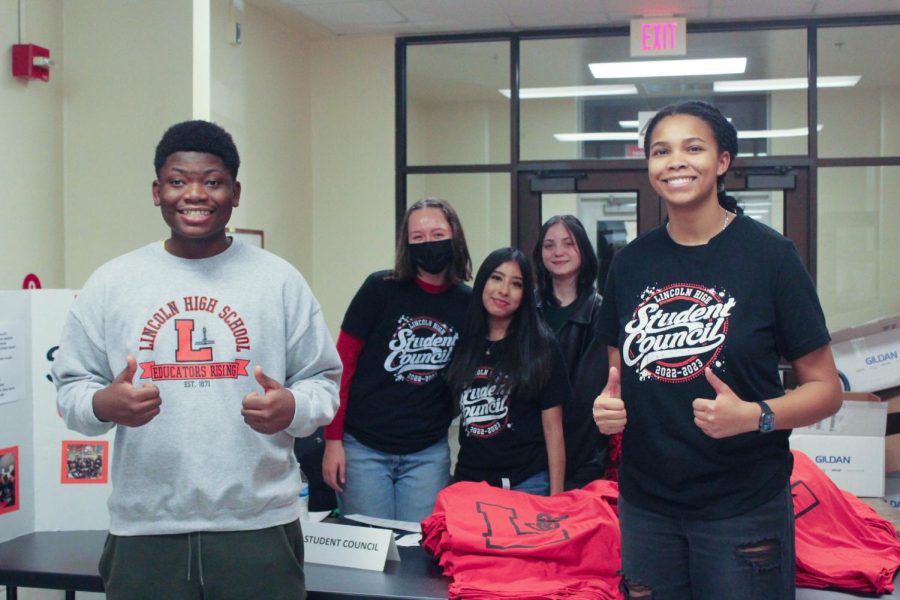In 1906, a book called “The Jungle” by Upton Sinclair shocked the nation with the story of an immigrant family struggling with the corrupt work system in the US. The descriptions of the inhumane and unsanitary working conditions in the meat industry, based on Sinclair’s own observations, sparked a revolution that inspired new regulations and restrictions to better protect consumers and to a much lesser extent, workers.
It seemed as though the public was less worried about the employees under the horrible conditions, but more about the fact that there may be a thumb in their meat. Sinclair’s famous quote on this subject was, “I aimed at the public’s heart and by accident I hit it in the stomach.”
Even though many changes came from this passion for safety, the meatpacking industry still has many problems today. Due to the lack of regulation and public attention, the meatpacking industry in the 1800’s and 1900’s ran rampant. Challenges for laborers included overwork sometimes up to 12 hours a day, poor wages, exposure to contaminated water and dangerous chemicals, physically dangerous conditions, and slum living where disease was a constant problem. These circumstances not only put workers at risk, but also the product. Employers often saw these issues but continued because it often held less cost to them.
After “The Jungle” raised awareness of these problems, two laws came to pass that intended to protect the populus from the unsanitary practices of the meat industry. The Federal Meat Inspection Act of 1906 forced meatpackers to create more sanitary conditions and to be honest with their packaging. The Federal Food and Drug Act of 1906 expanded the same practices to all food and drugs.
While these were great advancements against the unhygienic nature of the meatpacking business, these laws definitely weren’t geared toward the safety of the employees forced into unsafe environments. Because of the lack of legal protections and dwindling public attention, some major issues of the industry such as the dangerous physical conditions and exposure to chemicals still continue today.
According to the US Economic Research Service, counties where meatpacking is a major industry have significantly higher rates of poverty than counties without much employment in meatpacking.
However, specifically in Nebraska, meatpackers are paid well above the living hourly wage. The average wage for the state is $19.79 an hour, about three dollars over the living wage. Despite this, meatpacking is still a dangerous occupation. According to the Bureau of Labor Statistics, 1 in 100 full-time workers were involved in illness or injury cases that resulted in days off of work.
The early days of the pandemic also showed how unsafe the industry is. Counties in which meat processing is a major employer experienced a huge spike in Covid-19 cases between April and June of 2020, much earlier than other non-metro counties.
One of the most major parts of the industry that has been receiving a lot of attention recently is cases of child labor. These cases have primarily come from a company that cleans meatpacking plants, Packers Sanitation Services Inc.
Cleaning at these plants is just as dangerous a task as the meatpacking itself. Employees use dangerous chemicals and hot water sprayed from powerful hoses to clean extremely sharp saws. PSSI has been hiring minors ages 13-17 to do these jobs at thirteen different meatpacking plants. In Nebraska, 33 minors were reported working overnight shifts at plants cleaned by PSSI. A singular plant in Grand Island had 27 minors employed.
While PSSI management insists that they had no knowledge of any hiring of minors, an investigation conducted by the Department of Labor showed that the company ignored alerts raised by their system.
While it would be nice if there was an easy solution to the various challenges of the meatpacking industry, there simply isn’t one. America will not stop eating meat anytime soon, so the industry is necessary. Plus, people need the work, and cutting off the industry would leave a multitude of people high and dry. In regards to child labor, while it’s horrible to think about, families may need the income that these children bring in. While wages overall are very good, they aren’t enough to support a family.
But this doesn’t mean that nothing can be done. We should try to put less strain on the industry so that people can work at a safe pace. And the government needs to put tighter restrictions on child labor, while also focusing on families in need.
These reforms are possible, as long as the issues continue to hold the attention of the public. Just as with “The Jungle”, real change is possible. But only when people care enough to take action.



